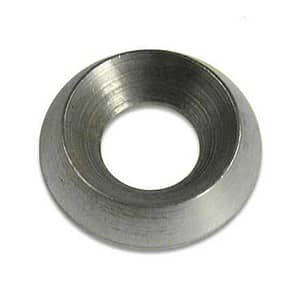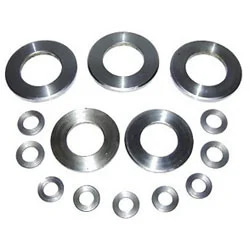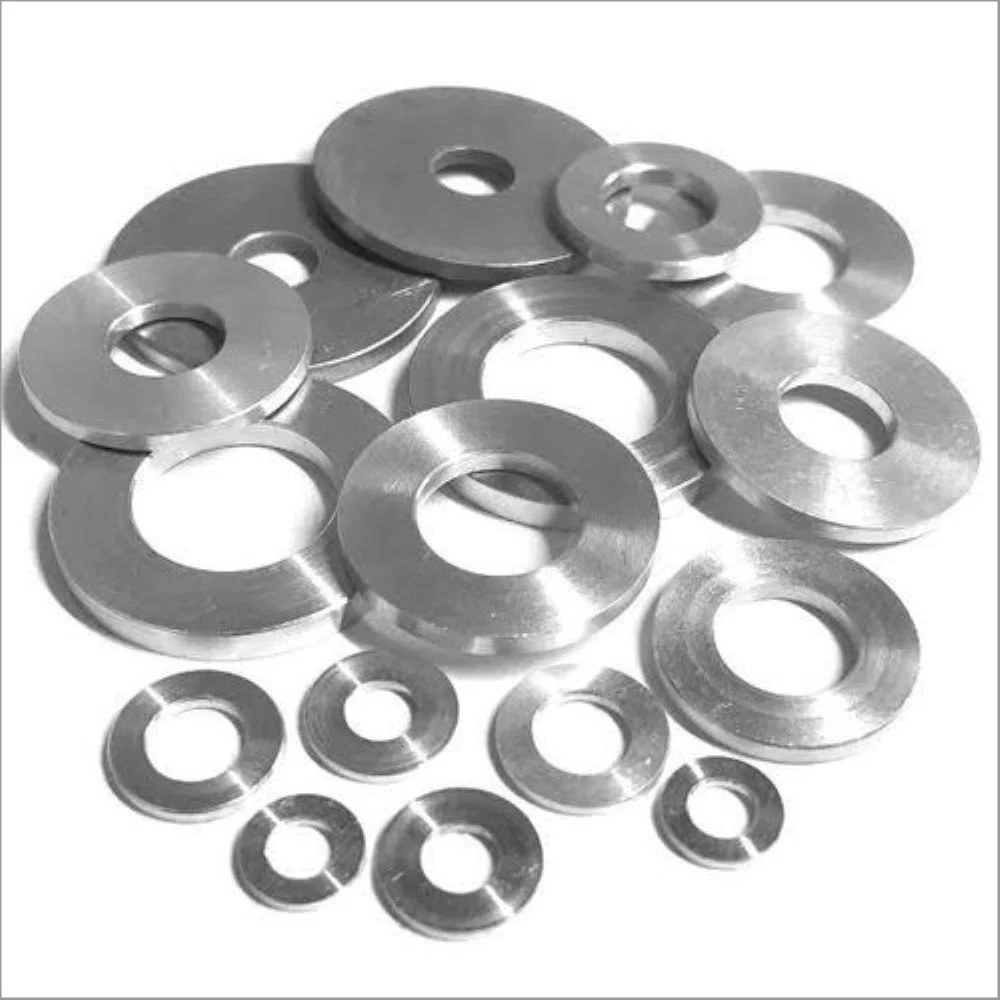5 Benefits of Using Machined Washers vs Regular Washers
Machined washers have distinct advantages over regular washers that make them the superior choice for many applications. Here are 5 key benefits of using machined washers instead of standard washers:
Why Machined Washers Are Superior to Standard Washers
Washers are simple but vital components used in many mechanical assemblies. While basic washers get the job done, machined washers provide clear advantages that make them the better choice for critical applications. If you are debating between regular low-cost washers and machined washers, understand the key benefits that machined washers offer.
Higher Precision and Consistency
Machined washers are manufactured to much tighter tolerances than standard washers produced by stamping. This results in greater consistency in the inner and outer diameters, thickness, and flatness. When washers have less variation in their dimensions, it improves the fit and performance in an assembly. The precision of washers also allows for a more uniform distribution of pressure.
Increased Strength and Durability
The machining process enhances the strength and durability of a washer versus one made by stamping. washers can withstand significantly higher levels of torque and stress without warping or cracking. Their superior strength comes from work-hardening and the grain structure imparted through CNC machining. This makes them ideal for high-tension applications.


Corrosion Resistance
While regular steel washers may eventually rust, washers can be produced from stainless steel, aluminum, and other materials with excellent corrosion resistance. This gives them a much longer service life when exposed to moisture or harsh environments. The material options allow washers to be matched to the design requirements.
Customization of Size, Shape and Material
Machining washers gives designers far more options compared to the standard sizes and shapes available with bulk regular washers. Non-standard diameters, thicknesses, and materials can be machined to exactly meet specialized needs. Odd-shaped washers, beveled edges, and serrated faces can also be produced.
Reliable, Repeatable Performance
The precision dimensions, enhanced strength, and material options of washers lead to more reliable performance. There is less variability so the chance of premature failure due to poor tolerances is reduced. When tight tolerances and strength are critical, these washers deliver highly repeatable performance.
While these washers have a higher per-piece cost, the benefits they provide often justify the added expense in critical applications. Their technical qualities lead to reduced maintenance, fewer failures, and longer equipment life compared to using regular stamped washers. When performance and reliability are paramount, washers are the clear choice.
5 Benefits of Using Machined Washers vs Regular Washers
Features:
1. Higher Precision
Machined washers are manufactured to tighter tolerances resulting in more consistent inner and outer diameters, thickness, and flatness. This improves fit and performance.
2. Increased Strength
The machining process enhances the strength and durability of machined washers versus those made by stamping. They withstand higher levels of torque and stress.
3. Corrosion Resistance
Machine washers can be made from materials like stainless steel and aluminum that have excellent corrosion resistance. Standard steel washers may rust over time.
4. Custom Options
Machining allows washers to be produced in non-standard shapes, sizes, and materials to meet specialized design needs. Regular washers have limited size availability.
5. Improved Reliability
The precision and durability of machined washers lead to more reliable performance in assemblies and devices. Less variability reduces the chance of premature failures.
Choosing these washers over regular washers provides technical benefits like consistency, strength, and corrosion resistance that result in enhanced reliability and durability.

How do machined washers compare to regular washers in terms of precision and consistency?
Machined washers are manufactured to much tighter tolerances, resulting in greater consistency in critical dimensions like inner and outer diameter, thickness, and flatness. This improves fit and performance.
What are the advantages of machined washers when it comes to strength and durability?
The machining process work-hardens the material, increasing its strength. Machined washers can withstand higher levels of torque and stress without warping. Their precision engineering makes them more durable.
What type of materials can machined washers be fabricated from?
Machined washers can be produced from corrosion-resistant materials like stainless steel and aluminum. This gives them a longer service life compared to regular steel washers in wet or harsh conditions.
